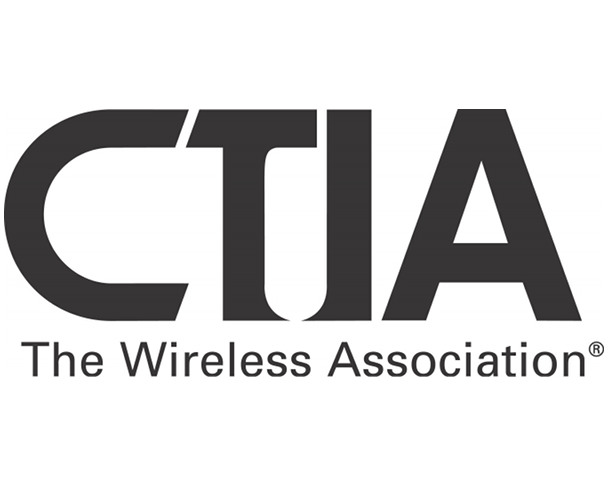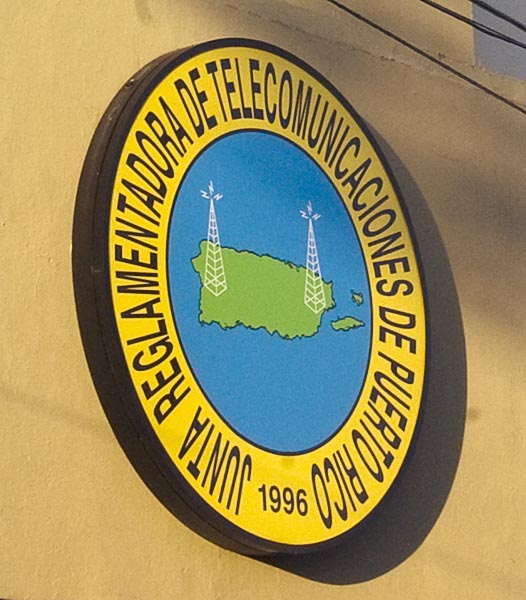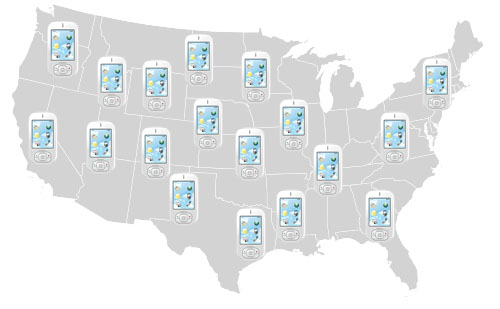Wireless trade group CTIA sues P.R. gov’t over prepaid phone registry law

 The CTIA-The Wireless Association, which represents the largest wireless carriers in the nation, filed a civil lawsuit against the government of Puerto Rico asking the U.S. District Court in San Juan to invalidate Law 280 establishing a mandatory registry of prepaid mobile phones in Puerto Rico.
The CTIA-The Wireless Association, which represents the largest wireless carriers in the nation, filed a civil lawsuit against the government of Puerto Rico asking the U.S. District Court in San Juan to invalidate Law 280 establishing a mandatory registry of prepaid mobile phones in Puerto Rico.
The lawsuit filed Wednesday, now assigned to Judge Francisco A. Besosa, names the Puerto Rico Telecommunications Regulatory Board as well as Gov. Luis Fortuño as defendants. The trade group has also asked for an injunction to prevent the government from enforcing the law.
In its claim, the CTIA states that the law enacted in December 2011 violates the Supremacy Clause of the U.S. Constitution and is preempted by federal law. In essence, Law 280 regulates the sale of prepaid cellphones and orders the TRB to create a registry of consumers who buy wireless handsets, all in an attempt to curb criminal use of the handsets.
However, on repeated occasions, representatives from the island’s largest wireless carriers opposed the measure saying, among other things, the law would be almost impossible to implement given that there an estimated 800,000 prepaid handsets in use in the market. The companies also claimed the registry could violate a person’s right to privacy, particularly law-abiding citizens who need the anonymity for security reasons, for example, battered women and crime victims.
In its claim, the CTIA cited the Electronic Communications Privacy Act (“ECPA”) passed in 1986, which protects “the privacy of customers and subscribers of telephone and electronic communications services; providing law enforcement with lawful means to intercept the communications of and obtain information regarding such customers and subscribers; and providing legal certainty to the developers, owners, and operators of telephone and electronic communications services regarding the circumstances under which they could be held liable.”
In its lawsuit, the Washington, D.C.-based trade group that has represented the wireless community since 1984, also cited a sub-section within the ECPA, the Stored Communications Act, through which Congress set forth a comprehensive legislative plan regarding how the government can compel a provider of electronic communications services to disclose information regarding its customers and subscribers.
“The SCA expressly prohibits such providers from disclosing information regarding its customers or subscribers except under specific, statutorily-enumerated circumstances and conditions,” the CTIA said in its complaint, filed by its legal representatives at Pietrantoni Mendez & Alvarez.

Gov. Fortuño in December signed the bill that makes registering prepaid wireless phones mandatory. (Credit: La Fortaleza)
“The Registry Act was enacted for the purpose of compelling telephone companies, among others, to disclose information regarding all individuals who obtain electronic communications services by purchasing and using pre-paid mobile telephone units so that the government, here the [TRB], can maintain a registry identifying, and containing information regarding, such customers,” the lawsuit states.
The Registry Act requires CTIA’s members and other retailers of pre-paid mobile telephone units, to collect customers’ names, addresses and other identifying information at the point-of-sale and transmit this information to the TRB within 30 days.
Hence, the SCA pre-empts the local pre-paid registry law, the CTIA said.
Law 280 went into effect Dec. 27, giving the TRB 90 days – or through the end of March – to adopt regulations and establish the mandatory registry.









